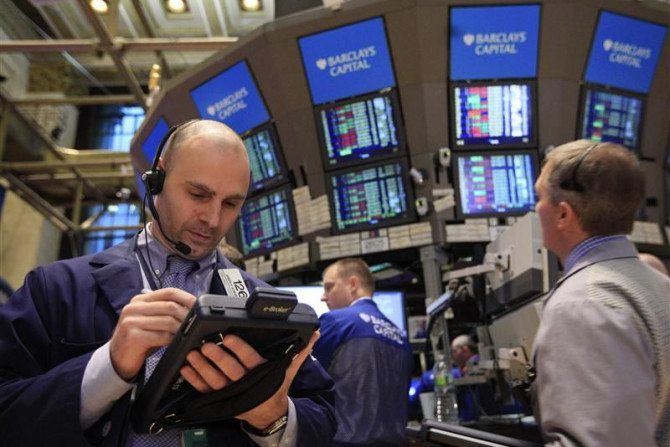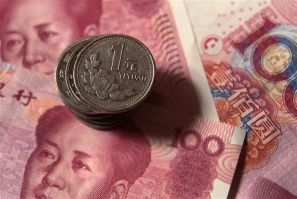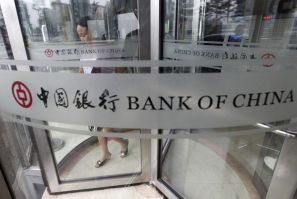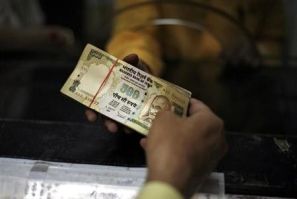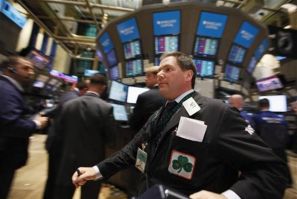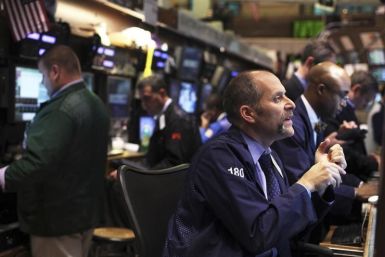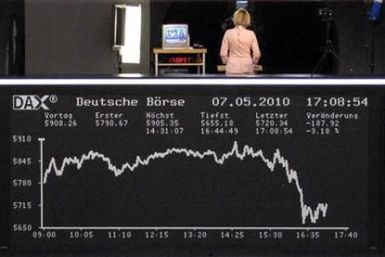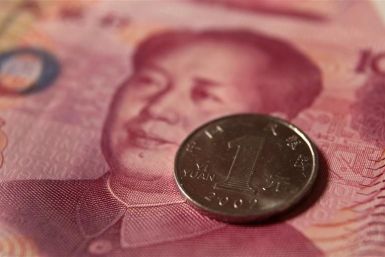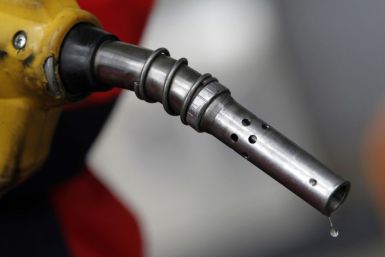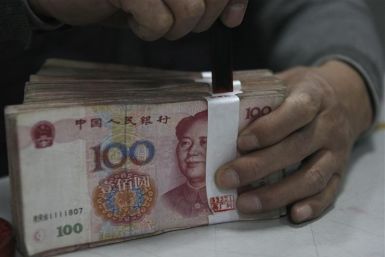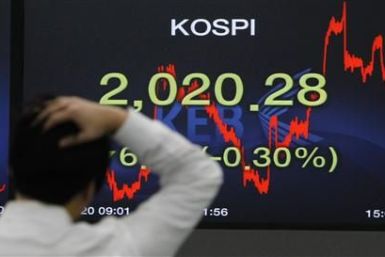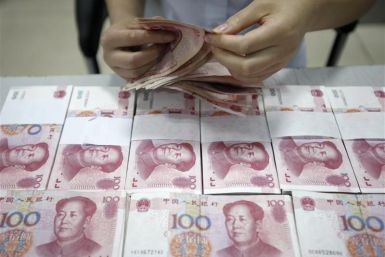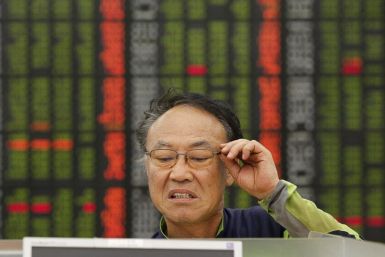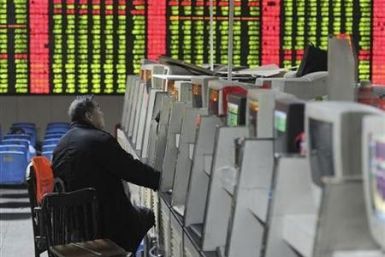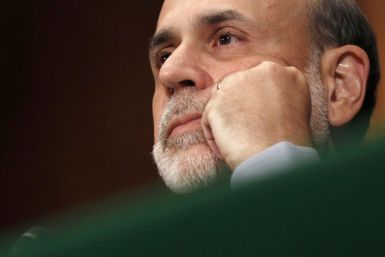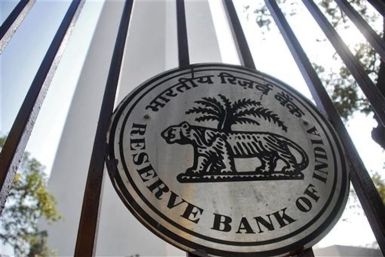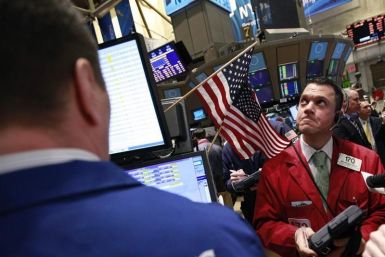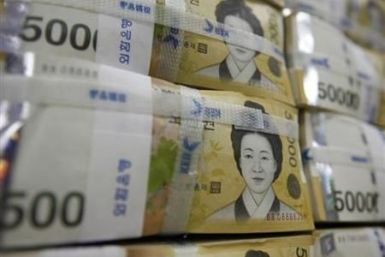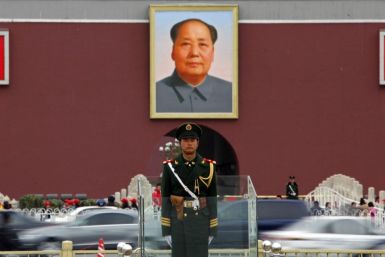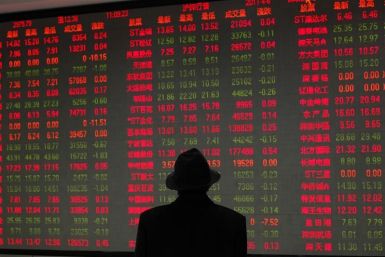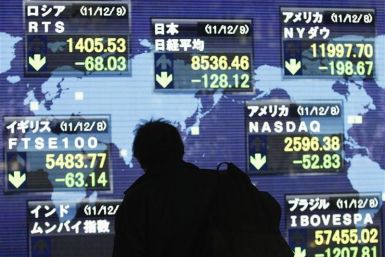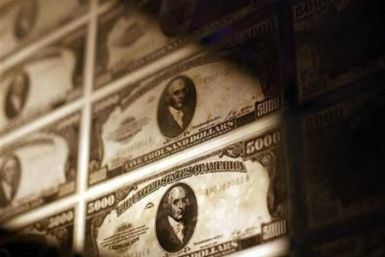U.S. stock index futures point to a higher open Thursday ahead of the Labor Department's weekly jobless claims data and the Bureau of Economic Analysis' trade balance report.
European markets rose Thursday as investor confidence was lifted by hopes that China will announce stimulus measures to boost the economic condition and regain the growth momentum.
China’s industrial production grew at a reduced pace in July compared to June indicating that the weakening global demand and the debt burden faced by the euro zone are adversely affecting the country's economy.
Consumer prices in the U.S. were flat in June as the higher cost of food offset another drop in energy, according to government statistics released Tuesday, further confirming the Federal Reserve's view that the jump in fuel costs was only temporary.
China's gross domestic product growth slowed down in the second quarter to the lowest rate in three years, due to soft global demand official data released Friday show.
South Korea's central bank cut the interest rate Thursday for the first time in over three years in a move to stimulate the faltering economic growth of the country.
China's trade surplus widened to $31.73 billion in June, up 42.9 percent compared to the same month in last year amid slower-than-expected growth in imports, raising concern that the world's second largest economy isn't doing enough to stimulate domestic demand and avert a slowdown.
The rate of inflation in China slowed down in June from the previous month, showing signs of a gradual decline in price pressure to make room for monetary easing.
South Korea's consumer confidence fell in June as compared to May, weighed down by the faltering global economy and the intensifying debt crisis in the euro zone.
The market sentiment is likely to remain subdued in the coming week as increasing expectations of a further global slowdown and economic headwinds from the euro zone will continue to weigh.
Markets are largely ignoring some very negative indicators this morning, seeming to feel that further support from central banks is imminent.
The prolonged crisis in the euro zone, coupled with signs that the U.S. economic recovery is faltering, have led to speculation that the Federal Reserve will provide more monetary stimulus, most likely through extending its Operation Twist program, at the June two-day Federal Open Market Committee meeting, which concludes on Wednesday June 20.
The Reserve Bank of India disappointed the industry as it left the repo rate and cash reserve ratio unchanged at 8 percent and 4.75 percent, respectively, in its mid-quarter policy review Monday. The reverse repo rate, at which banks lend money to the RBI, also remains unchanged at 7 percent.
Asian markets rose this week amid hopes that central banks around the world will take coordinated stimulus measures to tackle the European financial crisis and regain global economic growth momentum.
Futures on the major U.S. indices point to a flat opening Thursday ahead of the Department of Labor's report on weekly jobless claims and the Consumer Price Index.
South Korea's unemployment rate fell in May to its lowest in four months with the availability of more jobs in the service sector, according to figures reported by Statistics Korea Wednesday.
China's May data dump over the weekend and on Monday painted a mixed picture of the economic health of the world's second-largest economy.
Asian markets rose Monday as investors were encouraged by the announcement of the Spanish bank aid deal and a report of less worrisome data from China over the weekend.
Japan's Nikkei 225 Stock Average rose Monday as euro zone finance ministers Saturday agreed to provide Spain with aid while May exports in China grew above expectations.
China's inflation cooled in May, giving Beijing more wiggle room to loosen policy and stimulate growth. Its consumer price index rose by 3 percent, and its producer price index fell by 1.4 percent.
Congress has not raised the federal minimum wage since 2006, when it increased from $5.15 to $7.25 an hour.
Home prices are stagnant, crude oil is tumbling and copper has fallen to a seven-month low. Inflation is not the problem. What is the problem is inflation's evil twin, deflation.


